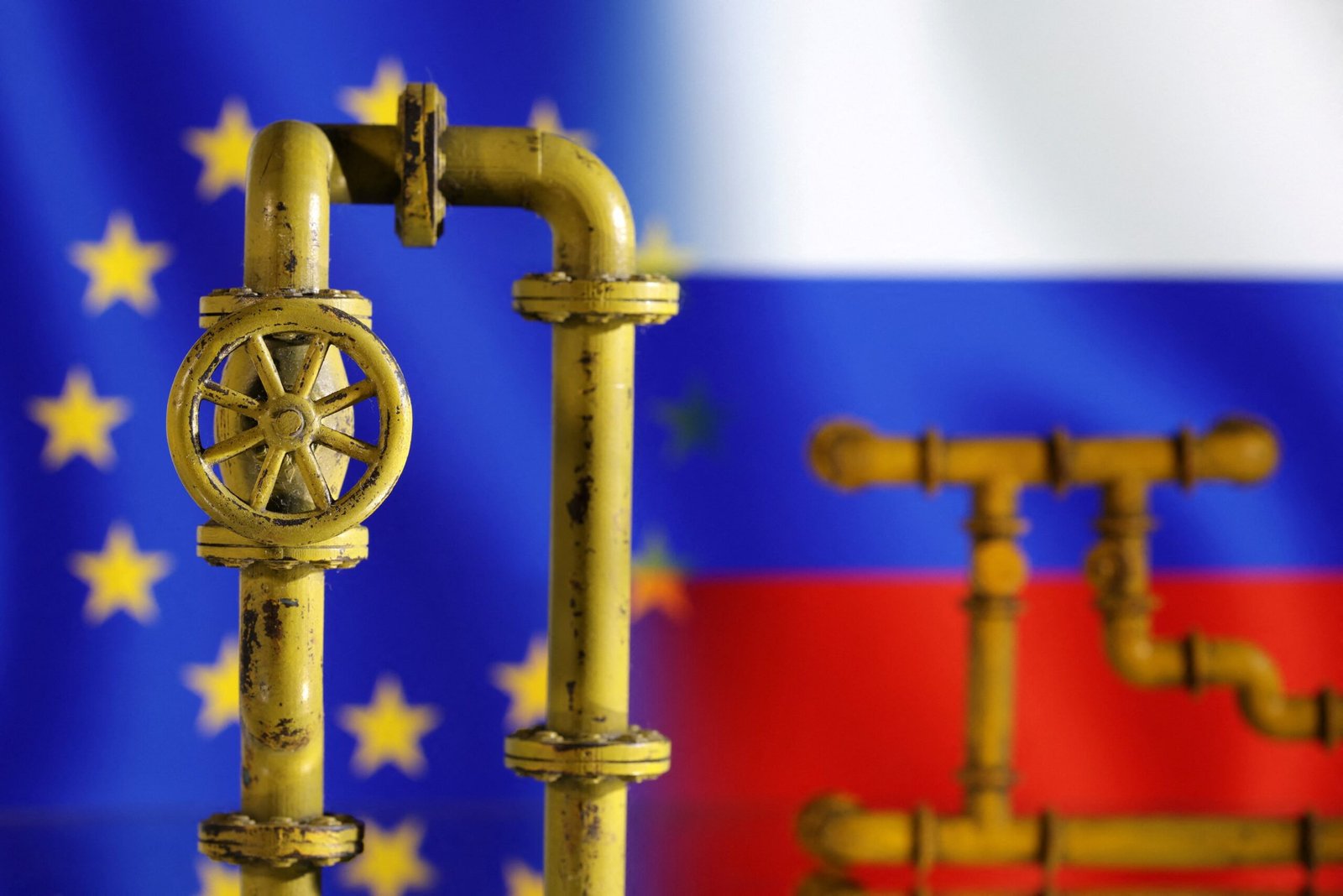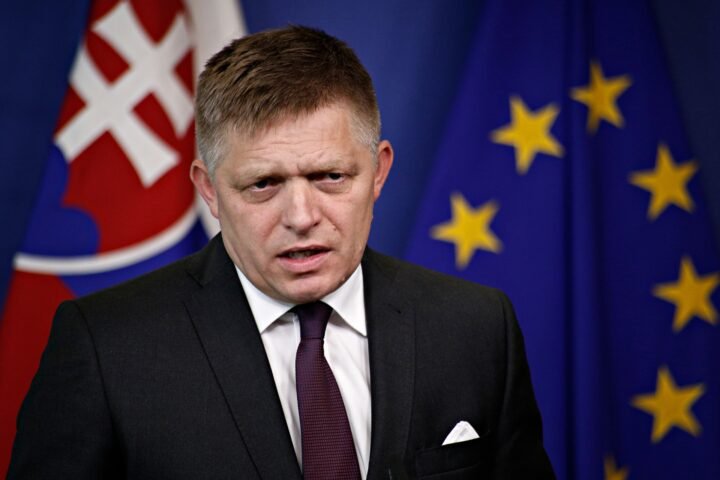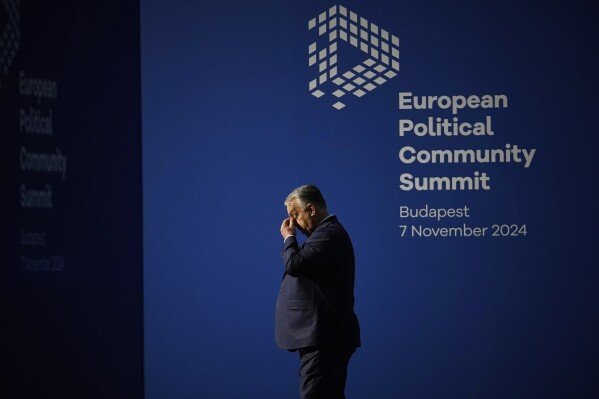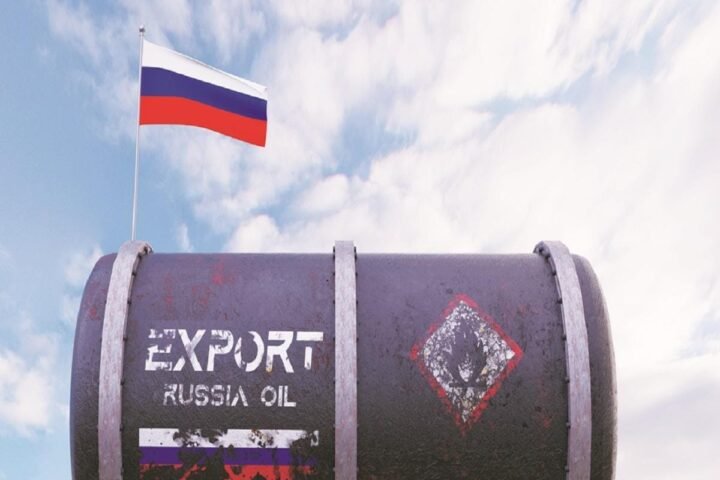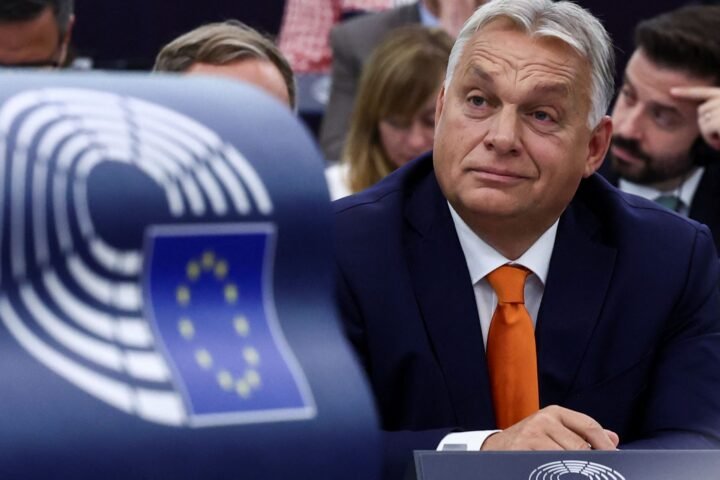EU Moves to End Russian Gas Imports by 2027
In a historic pivot, the European Commission has proposed a full legislative ban on Russian gas imports—both pipeline gas and liquefied natural gas (LNG)—by the end of 2027. Unlike previous measures, this initiative isn’t framed as a sanction, but rather as a fundamental change to EU trade and energy laws. That distinction matters: it allows Brussels to bypass expected vetoes from countries like Hungary and Slovakia.
The plan outlines a gradual phaseout, halts the signing of new contracts, and prohibits LNG tankers from docking at EU ports. It’s a calculated move that effectively severs Europe’s gas dependency on Russia—permanently.
A Blow Gazprom Can’t Recover From
For Gazprom, this is not just a policy shift—it’s an existential crisis. The European market has long been its golden goose. In 2021, pipeline gas sales to the EU brought in an estimated $55 billion. Even after volumes shrank following the invasion of Ukraine, Europe still delivered $15–17 billion in revenue annually by 2023.
When the ban takes full effect, Russia could lose up to $20 billion per year, according to the International Energy Agency. That’s 1.2–1.5 trillion rubles—nearly the size of Russia’s federal healthcare budget. The Kremlin will be forced to either slash spending on defense, social programs, and regional aid—or raise taxes and debt.
No New Market Can Fill the Gap
Proponents of “pivot to Asia” strategies claim China can replace Europe, but numbers tell a different story. In 2023, Gazprom earned only $4 billion from Chinese exports—less than a third of what Europe brought in. With no comparable buyers lined up, Gazprom is losing its last profitable market.
Already, the damage is visible. In 2024, the state-owned energy giant reported a staggering 1.076 trillion ruble loss, per Russian accounting standards. For the first time in years, it’s unable to pay dividends—crippling investor confidence and stalling major infrastructure projects.
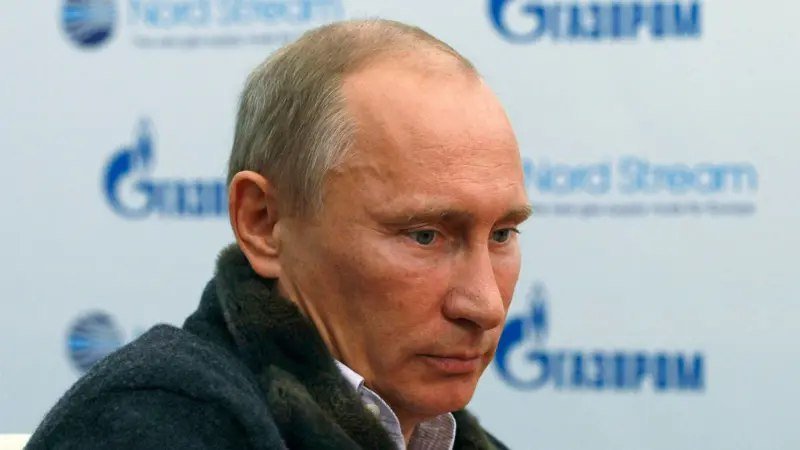
Domestic Market: Too Small, Too Slow
The domestic gas market won’t save Gazprom either. Despite years of rhetoric about import substitution, Russian consumption has barely budged—growing just 5–6% between 2010 and 2023. Without new export avenues, surplus gas may end up flared, or entire extraction projects might be mothballed. This creates a dangerous “gas trap”: abundant resources, but no buyers.
Infrastructure Turns to Rust
Gazprom has sunk trillions of rubles into pipelines now bordering on obsolete. The Power of Siberia pipeline alone cost over 1.1 trillion rubles. The planned Power of Siberia-2, pegged at 1.5 trillion rubles, is stuck in limbo—China has yet to sign any firm commitments. Meanwhile, Europe-bound pipelines like Nord Stream are being decommissioned, turning once-strategic investments into write-offs.
Households and Businesses Will Feel the Heat
With declining foreign currency revenue, Gazprom and other gas suppliers will struggle to fund maintenance and upgrades, especially in remote or smaller cities. For Russian households, this spells higher gas prices and increased risk of service disruptions.
Since the war began, residential gas prices have climbed 37%. On July 1, 2025, a new round of hikes kicks in: regulated gas tariffs will rise 10.3% for all consumer categories. For power producers and municipal utilities, the increase will reach 21.3% due to layered surcharges.
As Gazprom bleeds money and scrambles to fund gasification in newly annexed regions, expect things to get worse before they get better.
Losing the Energy Weapon
This isn’t just an economic loss—it’s a geopolitical disarmament. For decades, Russia used gas as leverage over Ukraine, Moldova, Poland, and even Germany. The EU’s ban sends a powerful message: energy blackmail no longer works. With the final severing of gas ties, Russia loses not just revenue, but a cornerstone of its foreign influence.
